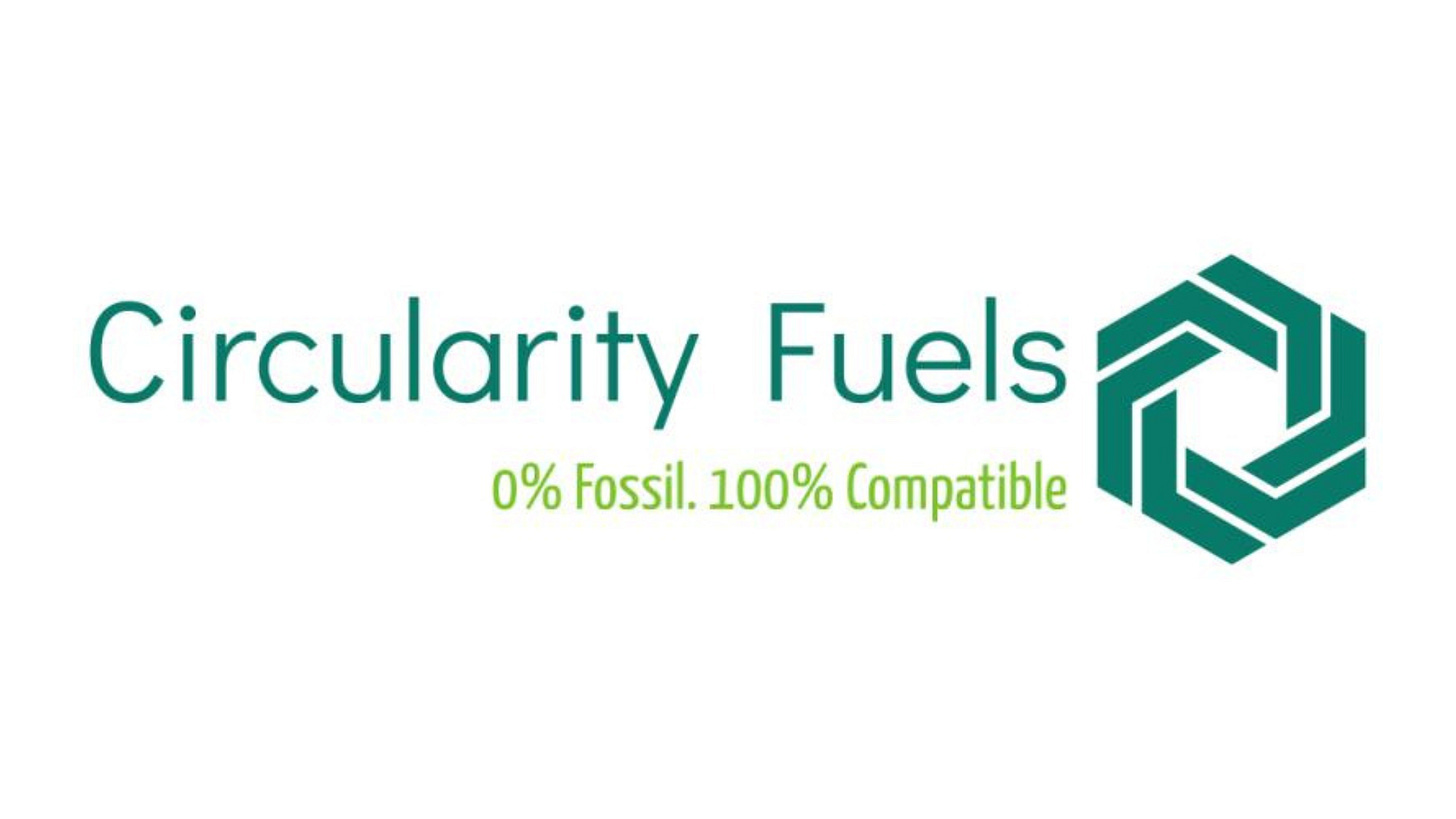Our Investment in Circularity Fuels
Converting waste carbon streams into high-value, clean fuels and chemicals
Of all the founders we’ve backed at MCJ, Dr. Stephen Beaton stands out for how methodically he’s building Circularity Fuels. Stephen brought an unusual background to entrepreneurship, with a chemistry PhD from Oxford and years in the US Air Force overseeing jet fuel quality control in the Middle East. He also had a leadership stint at the Air Force’s E-fuels program, where he awarded their first E-fuels contract. Stephen witnessed firsthand the Pentagon’s interest in distributed fuel production for Pacific Theater operations and understood both the technical challenges and the market realities of competing in the fuels industry.
The problem Circularity Fuels solves is one of the most critical in the energy transition. Aviation, shipping, and chemical manufacturing will depend on liquid fuels and specialized gases for decades, regardless of how quickly we electrify other sectors. These industries need molecules, not just electrons. Stephen’s technology synthesizes those molecules from air, water, and renewable electricity, offering a credible pathway to decarbonize essential industries without requiring trillions in infrastructure replacement.
MCJ is proud to be have invested in Circularity Fuels (CF) at the pre-seed stage. Keep reading to learn more about our thesis for supporting Dr. Beaton and his team.
What is Circularity Fuels?
CF builds compact, vertically integrated reactors that convert waste carbon streams—starting with biogas from dairies, landfills, and food waste—into sustainable liquid fuels, especially sustainable aviation fuel (SAF). Their platform converts mixed hydrocarbons into syngas, then uses Fischer-Tropsch synthesis, a chemical process that builds liquid fuels from gas, to produce drop-in jet fuel. It’s designed for small footprints, flexible operation, and high purity.
By rethinking reactor architecture (not simply repurposing oil & gas hardware), CF targets lower capex/opex and faster deployment, enabling cost-competitive, potentially carbon-negative SAF at scale.
Why Did We Invest?
Finding Market Fit First
CF’s CEO and Co-founder, Dr. Stephen Beaton, took an unconventional path that most deep-tech founders overlook: he found a paying customer before chasing the biggest market. Rather than competing with commodity fossil fuels from day one, Stephen partnered with synthetic diamond growers who pay nearly $80,000 per ton for ultra-high-purity methane.
That early beachhead de-risked the business on several fronts. It proved the reactors could operate at a commercial scale inside diamond facilities. It also generated early revenue that quickly attracted more than $5 million in non-dilutive grants from ARPA-E, NSF, and the California Energy Commission. These early wins attracted top-tier backers and built confidence in CF’s approach.
CF has since extended this strategy beyond diamonds. Its proprietary electric-powered Ouro Reactor recently turned raw biogas from a Central Valley dairy farm into syngas, the key precursor to SAF, using a unit that costs roughly one-hundredth as much as conventional reformers. This demonstration not only validates the technology’s flexibility but also opens a massive new opportunity to convert agricultural waste into jet fuel, giving airlines a cost-effective path to meet SAF mandates while unlocking new revenue streams for farmers.
Stephen’s “market-fit-first” approach gives CF a rare combination of early revenue, proven technology and a clear glide path from high-margin niches to multi-billion-dollar markets such as renewable natural gas and SAF.
Additional Resources


